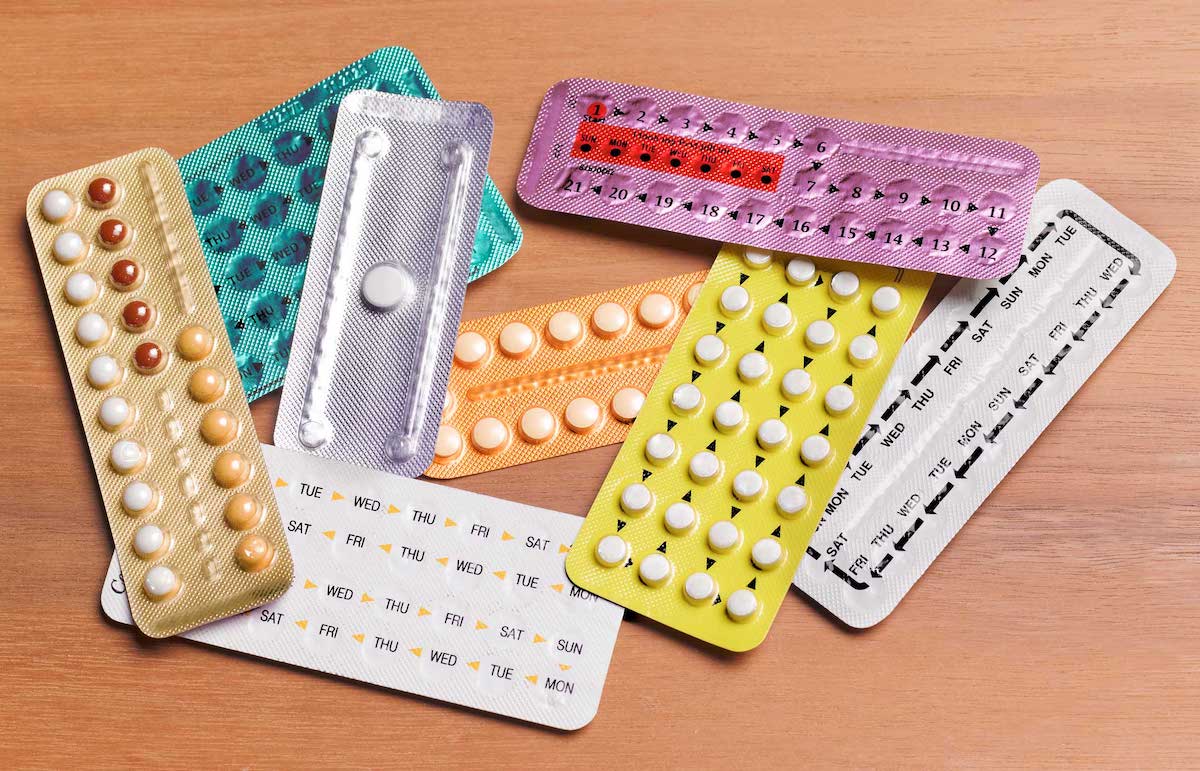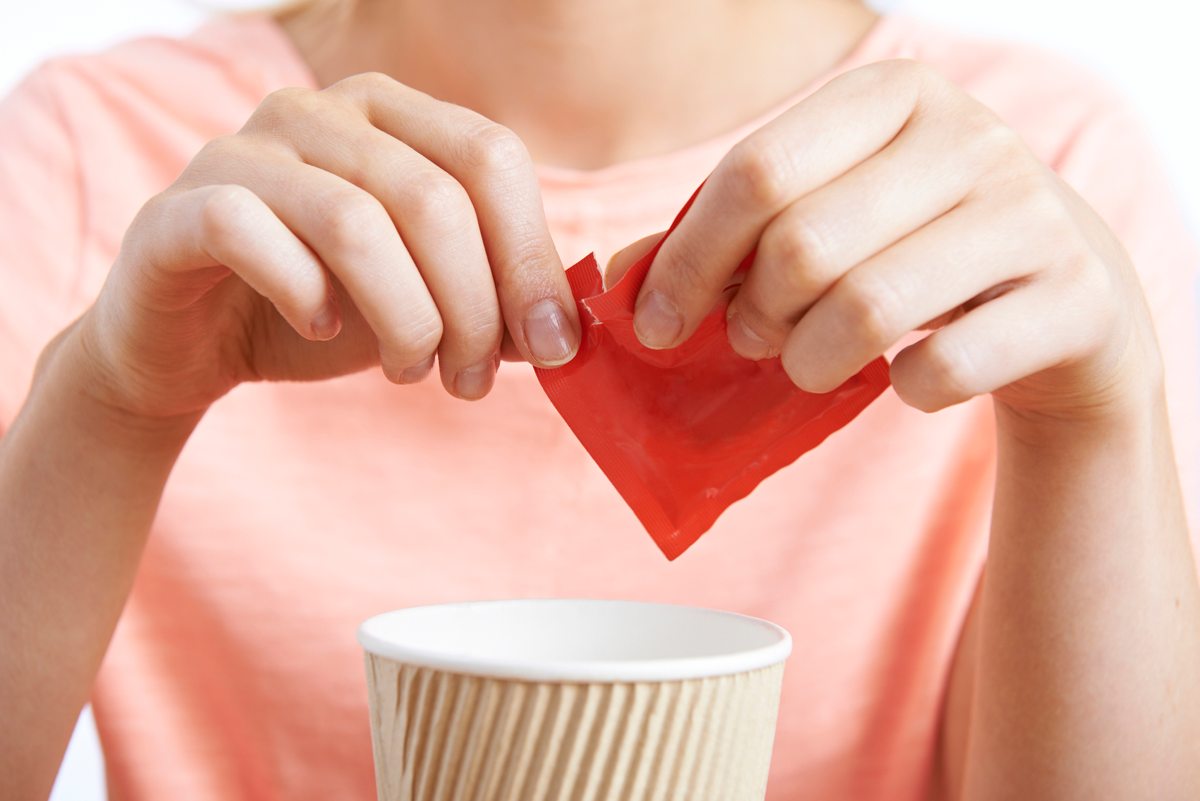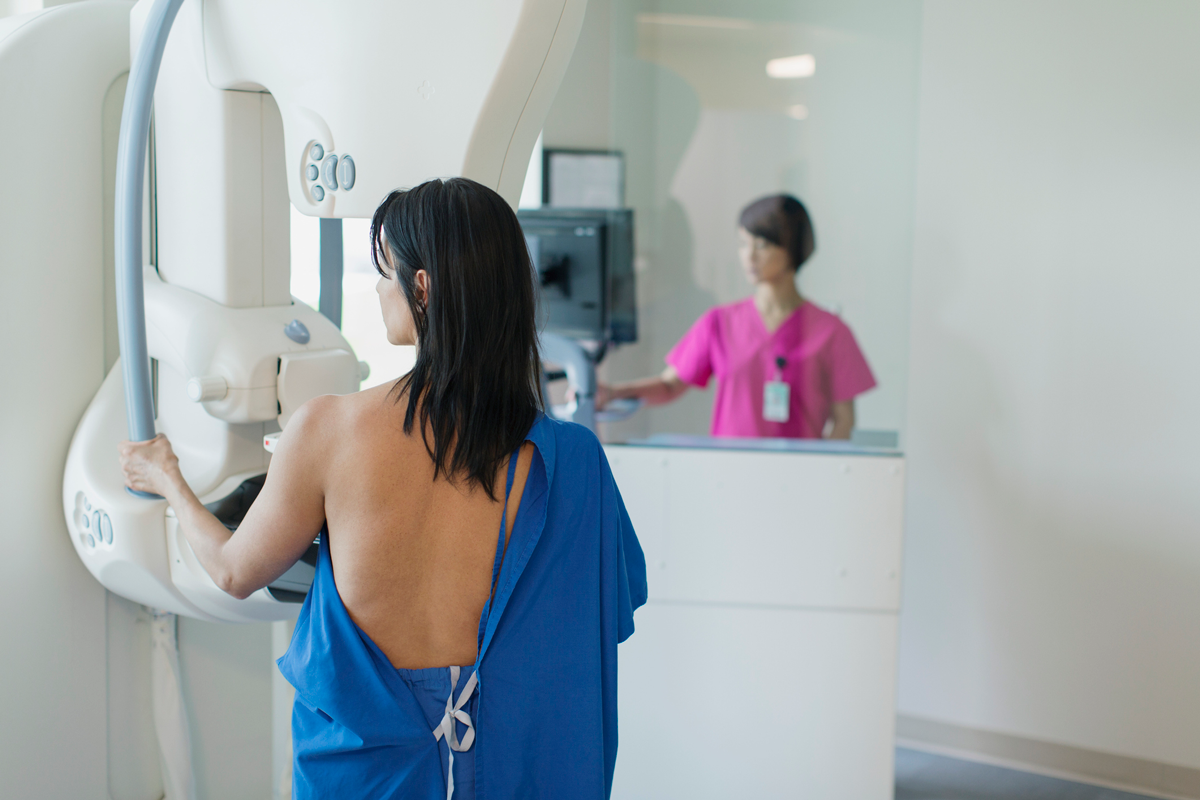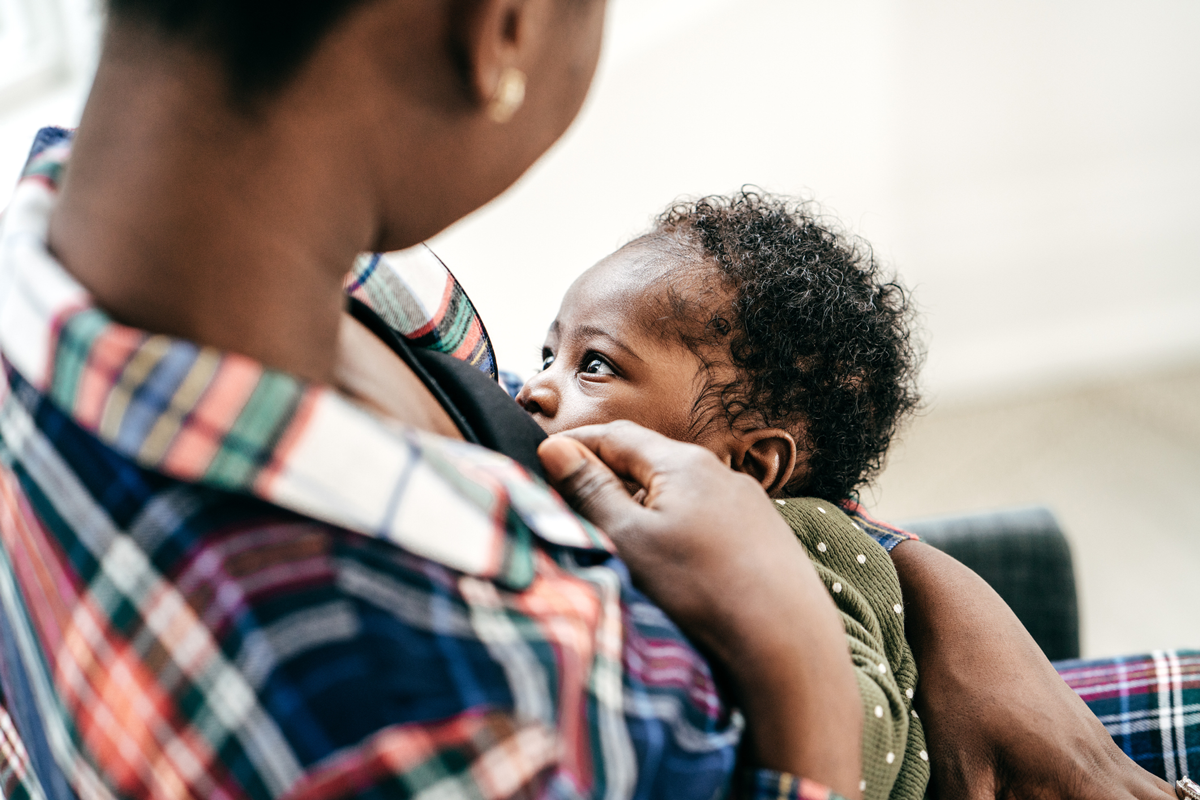Panic Headlines is back! As a reminder, in this series I look at what’s behind the latest alarming headlines in the news.
“Progestogen-only pill breast cancer risk revealed” —BBC News
PLOS Medicine just last week published a study on the relationship between progestogen-only contraceptive pill use (this is commonly known as the “mini-pill”) and breast cancer. The paper is partially a meta-analysis literature review, but it does introduce some new data from a case-control design.
Case control is a method commonly used when the outcome that is being studied is rare. If you want to look at what predicts breast cancer risk, it is challenging to do that in the standard cohort studies we have. The problem is that (luckily) even in a large sample, not very many people get cancer. The sample size needed to have statistically precise results is infeasibly large.
A case-control study therefore starts with a group of people who (in this case) have cancer and then picks a set of comparable control people without. The idea is to compare their behaviors (here, their birth control history) and see whether birth control is more common among those with cancer.
There are a lot of problems with studies of this type. They have all the same issues with correlation versus causation, plus they are subject to the concern that the case group is recruited from a different population than the control group. This is another source of bias.
In the end, what the paper finds is a modestly increased risk of breast cancer — about a 20% increase in risk — from use of any type of hormonal contraceptive (20% may seem large, but in terms of absolute risks this is very small). The pitch of the paper is that it’s a contribution to the literature because existing papers have mostly not focused on these mini-pill formulations.
With a paper and a headline like this, the most important thing is to put it in the context of what has come before. There are many, many papers on this relationship. Probably the best-known is a 2017 paper in the New England Journal of Medicine. This paper has an enormous sample size — all women in Denmark for a number of years — and the researchers are able to estimate the relationship between breast cancer and hormonal contraceptive use without using this case-control method. That paper also finds about a 20% increase in breast cancer risk.
There is also an earlier paper with the same methods, using data on nurses, that shows an insignificant 11% increase in risk. It’s possible to view this as rejecting a link between cancer and contraceptive use, but from a statistical standpoint this is in the same ballpark as the significant effect in the paper on Denmark.
The bottom-line conclusion from these data is not obvious. It is clear that there are no large impacts on risk (if there were, they would show up glaringly in more data sets). But there is enough evidence pointing to a small increase, especially in the short term after usage, that it’s difficult to reject it. This is ultimately a case in which it is probably necessary to weigh the possibility of a small increase in breast cancer risk against the value from oral contraceptive use. (There is some evidence that their use lowers ovarian cancer risk — so there are tradeoffs even within the cancer domain.)
One problematic feature of panic headlines is that they often miss all the nuance that came before them. Very rarely are individual studies so important that they change everything.


















Log in